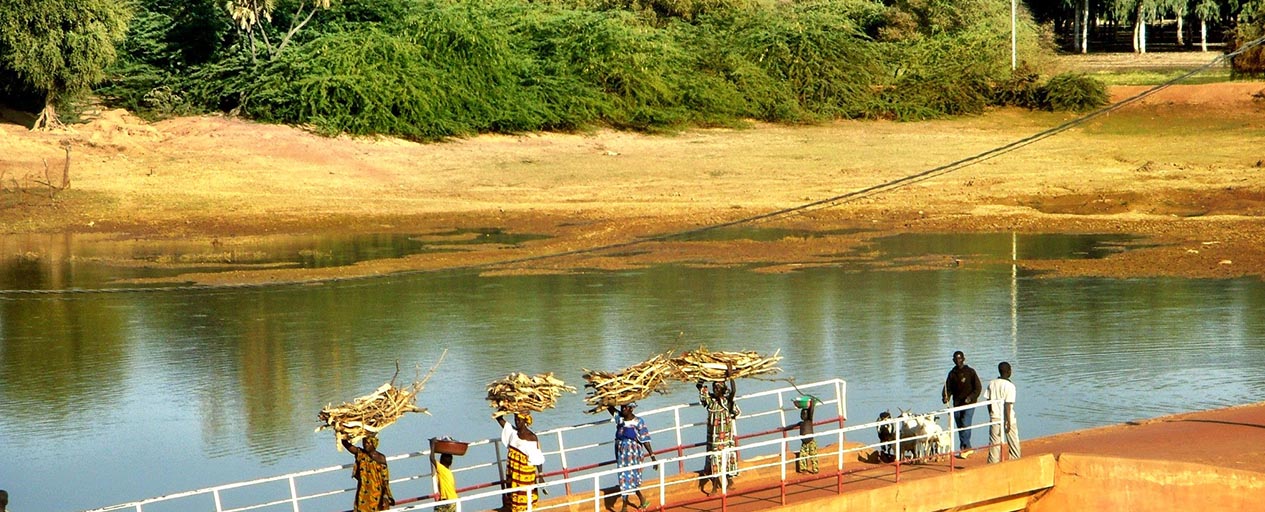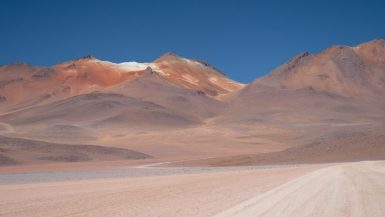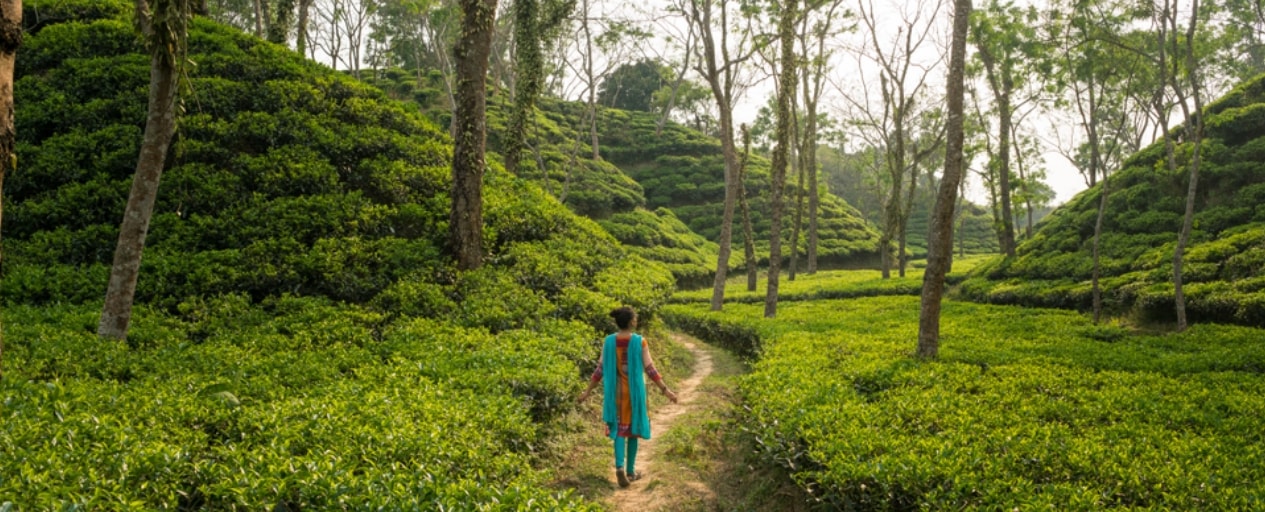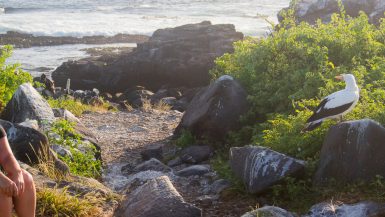Today on the Nomad Files is Thea from Zen Travellers. Thea is a longtime world traveller who loves immersive travel experiences and chasing mountain ranges. She is currently on a 14 month round the world adventure with her husband and you can follow along at www.zentravellers.com.
Hey Thea, when did you fall in love with travelling? What made it such a passion of yours?
When I was little, my dad would take me out to the woods surrounding the city I grew up in and these small adventures were enough to inspire deep-seeded wanderlust in me.
Do you have a particular song/video/poem/quote that particularly inspires you to travel?
I love “This Time Tomorrow” by the Kinks. I listen to it every time before I fly. The song even starts with a plane taking off so it’s just too perfect!
Can you let us in on a secret? What is one discovery you have made through your travels that really felt like ‘the road less travelled’?
If you ever get the chance to do an immersive travel experience and stay with a local family, I strongly recommend it. It will be like nothing you have ever experienced and could very well end up being one of your most meaningful adventures. In 2010, I stayed with a family in Bamako, Mali, which is in West Africa. I stayed here while doing an internship with the Canadian International Development Agency and it remains one of my most cherished travel experiences.
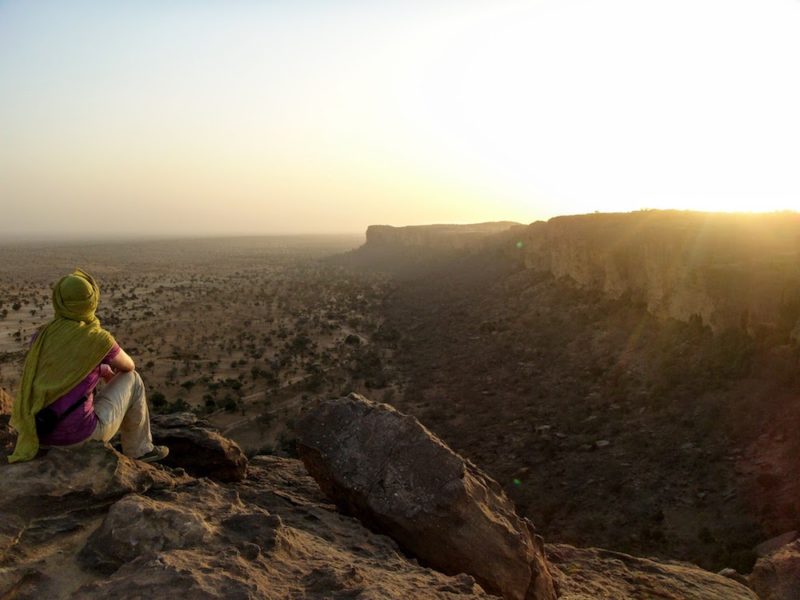
Wow, Mali! We are far from the beaten track now! Is Mali known for anything in particular?
Mali is known for music above all else. There are so many incredible artists that hail from there and who have inspired musicians the world over. Malians themselves are renowned for their tremendous hospitality and will always go the extra mile for a guest.
Sadly, right now Mali is also known for turmoil and it is one of my greatest hopes that the security situation improves so that more people may experience all that the country has to offer.
What did you do in Mali and why do I want to visit?
While in Bamako, Mali, I worked with a community development non-profit organization and lived with a local family.
Bamako is a vibrant, youthful, diverse, and colourful city on the Niger River that was, up until recently, one of the fastest growing cities on the continent. It is a city of contradictions, where ancient traditions and music meet modern aesthetics. It is a place where you can enjoy a peaceful trip to a small Bozo village on an island in the Niger in a pirogue (local canoe), and then dance until the early morning hours in one of Hippodrome’s night clubs. Or you can escape the bustle of the city by going for a walk in the Parc National, and then be asked to join a pre-wedding dancing in the streets party while walking home from work. You can spend a morning getting lost in Grand Marché, and then chill out with your grin (new friends) while you sip on the customary 3 cups of tea.
If the big city is not your style, nearby Siby offers plenty of outdoor respite including fishing, hiking, cycling, and rock climbing.
Farther still, but something that any traveller should visit is the ancient city of Djenné on the banks of the Bani River. It features architecture that couldn’t be more different to what you may see in Bamako, including the Great Mud Mosque of Djenné, which is the largest mud structure in the world.

Saving the best for last, no trip to Mali is complete without a trip to Pays Dogon, or Dogon Country. There you will be guided along the massive Bandiagara escarpment that rises over the Sahel like a mountain and is where the Dogon people have clung to their ancient traditions for centuries. Many of the villages are only reachable by foot or donkey cart, so a multi-day trek is the best way to experience the area. At the end of it, you will reach the top of the escarpment, and watching the sunset from there is an experience that will stick with you for many years to come.
Why do you think Mali remains off the beaten track?
Mali is an extremely poor, predominantly Muslim, and French-speaking country in a region of the world that already doesn’t see a lot of tourism, which is a shame in my opinion. Unfortunately, Mali began descending into a constant state of civil unrest in 2012 and shows no signs of improving as of now. There is, however, an election this year and many hope that the new leader can bring about positive changes.
Tell me about the food. Was it different to anything you’d experienced before?
Let’s talk about the food in Mali! It is very much unlike anything I have experienced before and was definitely not my favourite part about living in Mali. Most dishes consisted of some kind of sauce on top of rice, or in the rural areas people ate boiled millet, sometimes 3 times a day and sometimes without any seasoning at all. Meat used in dishes was typically sheep or goat and no part of the animal was wasted.
One time while visiting a tiny village, a lady served me cow intestines on rice. As in the case in most cultures, it is rude to decline food so I ate it, but picked up a nasty parasite in return. My host family also served me a lot of fish heads, as in fish head on rice, fish head soup (that was the worst), fish head on fried plantains, fish head and potatoes and so forth.
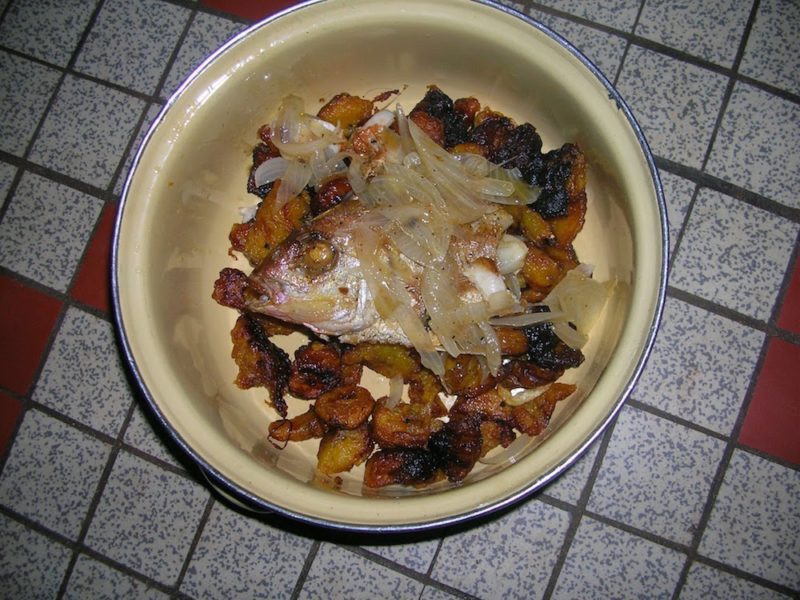
Wow, that sounds pretty grim! I love seafood and I’m pretty adventurous but I’d struggle to eat a fish head! Surely it wasn’t all bad though?
You’re right, a riz arrachide (rice in peanut butter sauce) is cheap and delicious, as is a tasty poulet yassa (chicken in onion sauce, a Senegalese speciality), and on Sundays, my family would make riz au gras, which is a dish with fish, rice, and vegetables in a red sauce that may also be borrowed from Senegal. By far though, my favourite dish, widjillah (unsure of the spelling, but it is sundried dumplings in a very tasty tomato sauce) was hard to come by and I only had it twice during the 5 months I lived there since it’s mostly a northern Mali speciality.
I also loved and still make bissap at home. It’s a tasty juice that’s made by steeping hibiscus flowers with sugar, and sometimes ginger. Of course, no culinary experience in Mali tops the customary 3 cups of tea, where the first is bitter like death, the second is gentle like life, and the third is sweet as love. While walking at dusk, you will see groups of people sitting outside, huddled around a small teapot, retelling their day to their friends, as they steep the 3 cups of tea. That is called a grin, and it is very much a part of everyday Malian life.
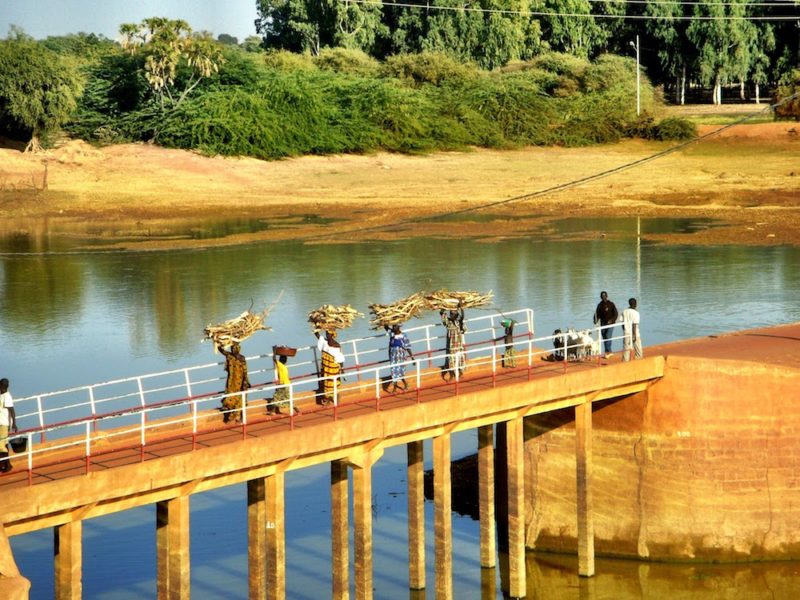
What was the culture like? Did you have much interaction with the locals?
I had plenty of interactions with Malians during my 5 months there and can say with confidence that they are some of the most hospitable people in the world. They are eager to share their culture that they are immensely proud. Many of their traditions are ancient and, especially in rural areas, have not been corrupted by Western culture. The diversity of artists and music across regions is outstanding. Sadly, especially in Northern Mali, extremists took over and banned singing and dancing and I can only hope that the world doesn’t lose those songs forever.
Beyond the things to do and see in Mali, what is your best tip on how to best experience this place?
My number one tip for enjoying Mali is to let the people astound you. You will be invited to celebrations of all kinds, including Tabaski which is as important of a holiday to them as Christmas is to many tourists. While in Djenné, a man named Barack helped us find the scarves we were looking for in the market and then invited us to enjoy some tea with him on a rooftop overlooking the city below. It was such a simple gesture, but I still can’t help but smile when I think of my grin with Barack on the roof.
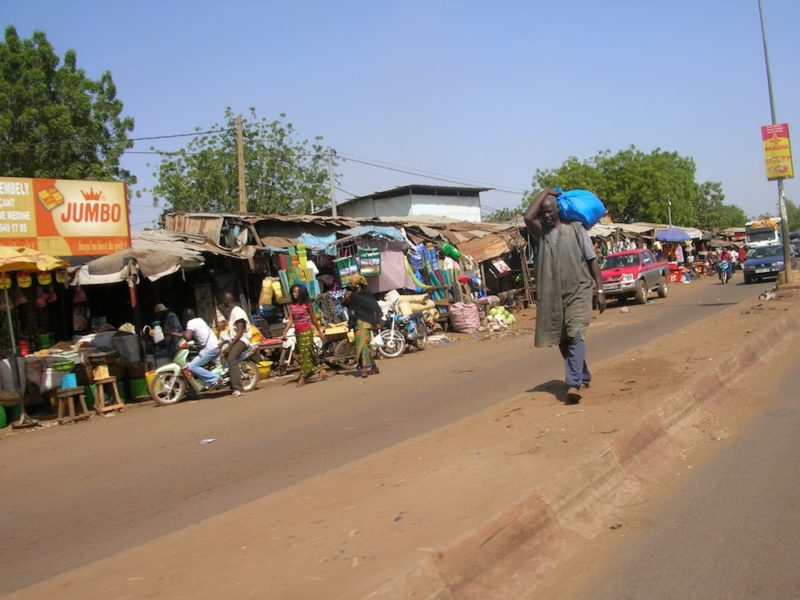
Where is the best place to stay?
I’m partial to the neighbourhood of Hippodrome in Bamako because that was where I lived and know it well, but ACI 2000 is a nice neighbourhood close to the river. Definitely try staying in one of the thatched huts when travelling in the countryside, it’s an interesting experience. If you do the trekking in Pays Dogon, try sleeping on the roof and you will see the most incredible stars.
Wow what a story that was. Thanks so much for sharing it with us Thea!
Make sure you pay Thea a visit at www.zentravellers.com, on Instagram, Twitter, and Facebook.
Did you enjoy this post?
Plenty more where that came from. Make sure to sign up for the mailing list to never miss the next one.

